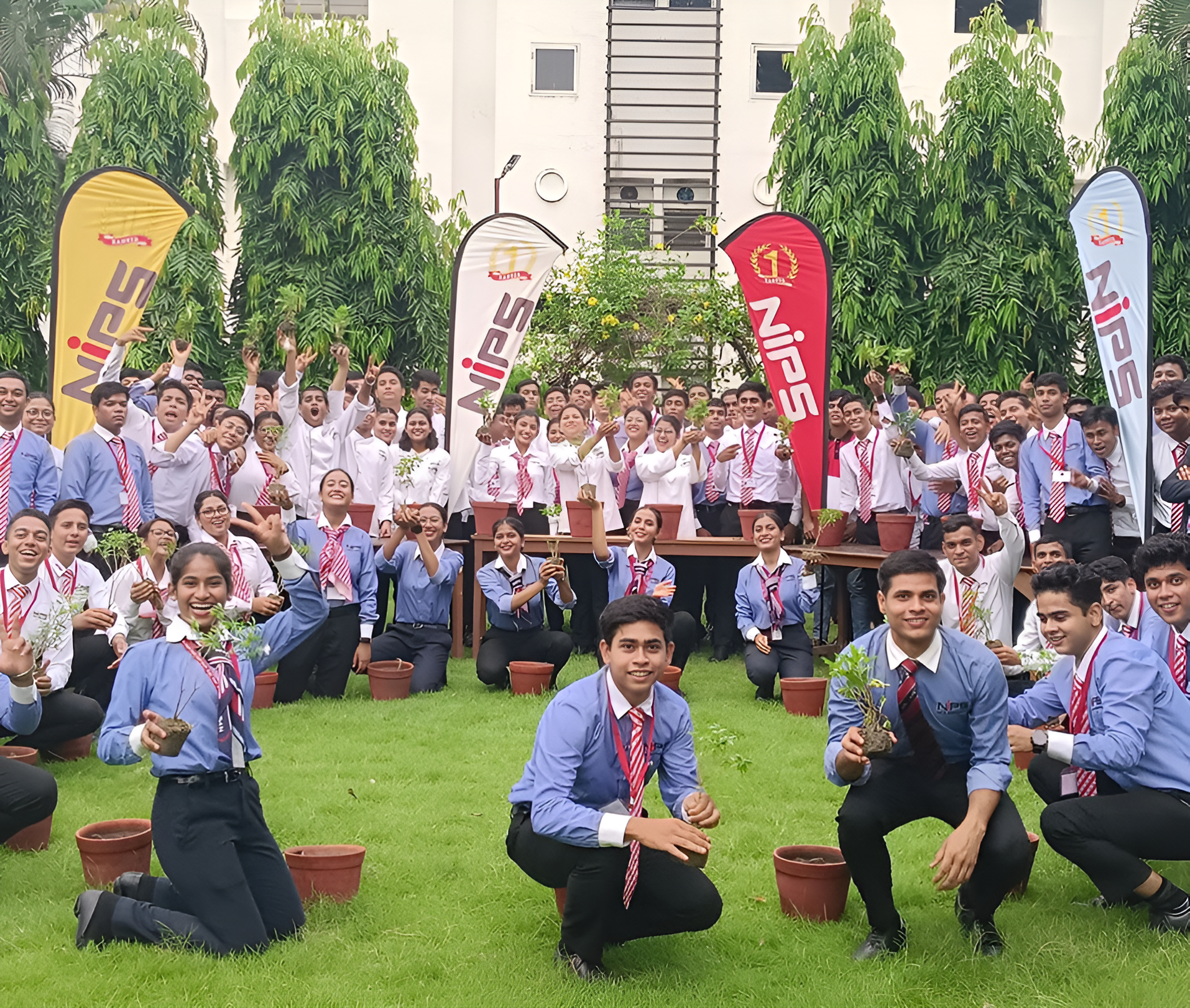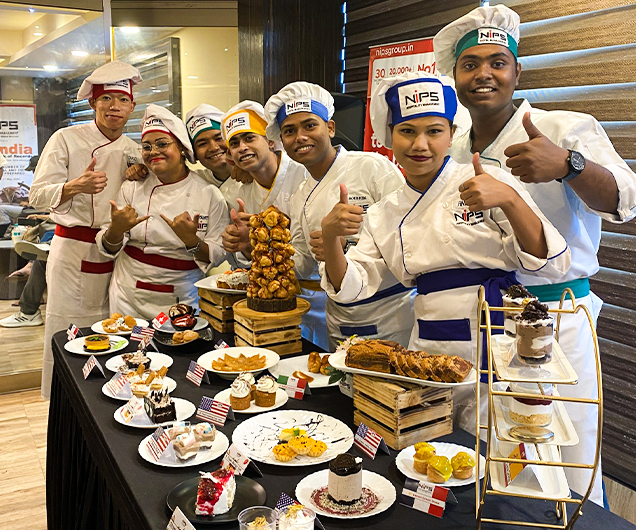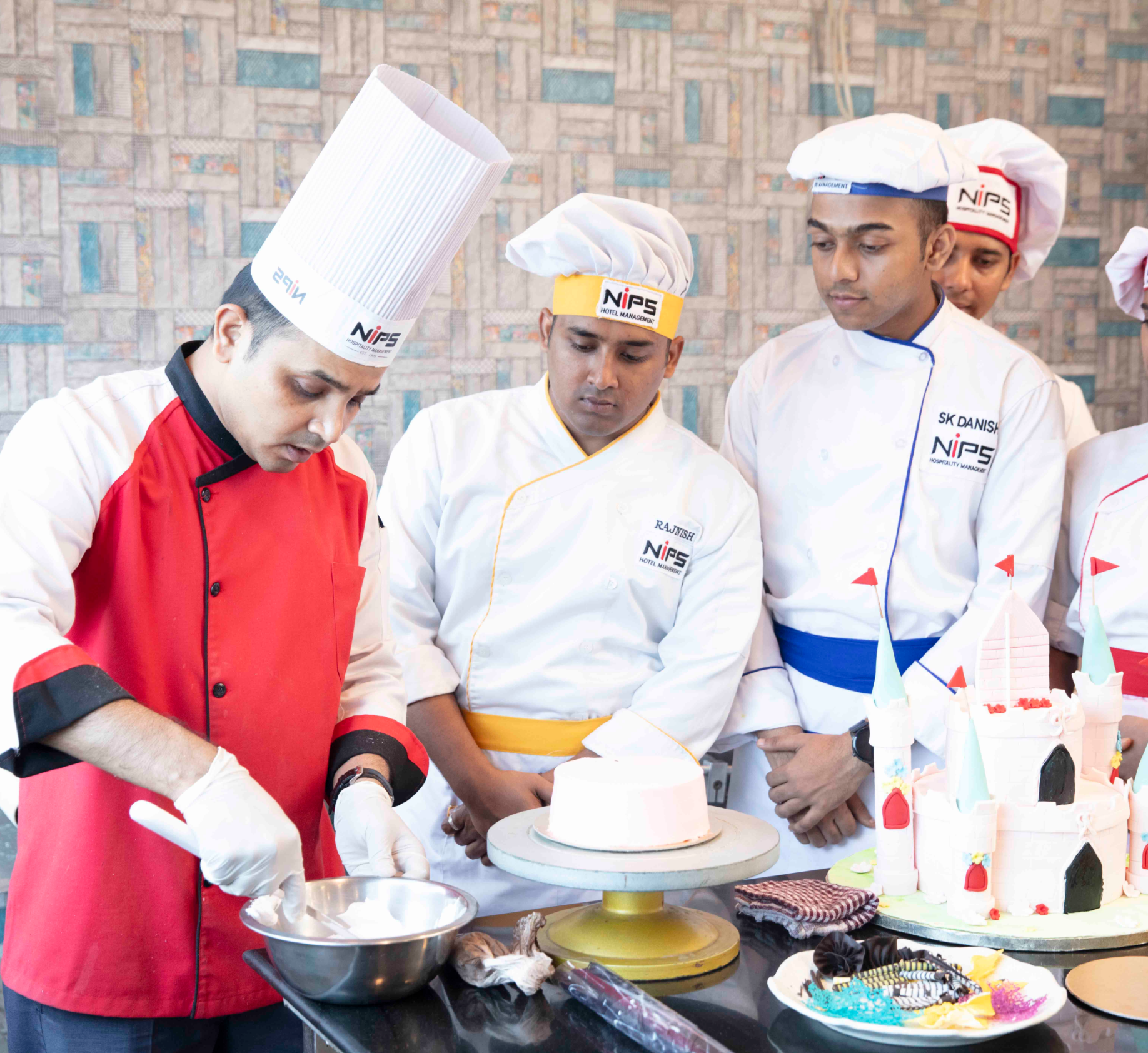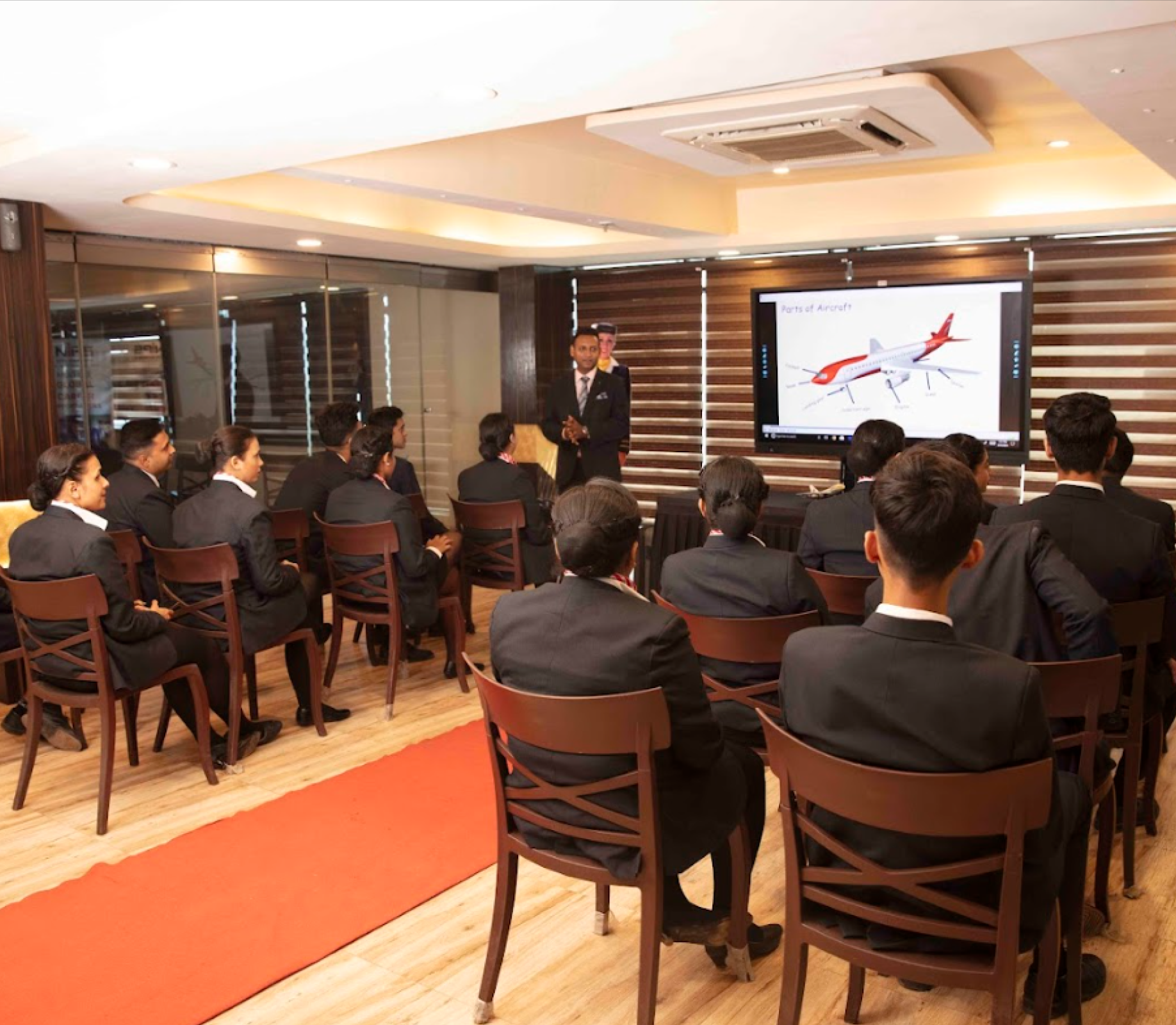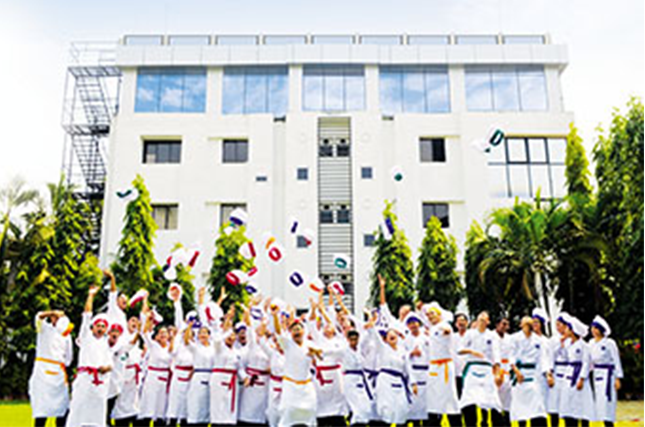
-
By:admin
-
Sensitivity in Hospitality
-

( 0 )
Cultural Sensitivity in Hospitality: Preparing for a Global Industry
You’ve just landed your dream internship at a luxury Dubai hotel. Excitement bubbles as you enter the opulent lobby.
Then it hits — guests from every corner of the world, speaking unfamiliar languages.
A moment of panic sets in. How will you navigate this cultural mosaic? Relax.
With the right abilities, you’ll transform challenges into strengths.
Let’s look at how cultural sensitivity can empower you from a nervous intern to a confident global hospitality professional.

Understanding Cultural Sensitivity
Cultural sensitivity means recognizing, respecting, and adapting to diverse backgrounds.
In hospitality, it is the key to creating memorable experiences for international visitors.
You’ll encounter guests with vastly different customs, beliefs, and expectations.
A gesture considered polite in one culture might give offense in another.
For instance, while a thumbs-up signifies “good job” in many Western countries, it is an offensive sign in some Middle Eastern nations.
Your understanding of these nuances can define a guest’s stay and is essential for any professional trained at a Hotel Management College in Kolkata.
Key Areas of Cultural Sensitivity
Language and Communication
Effective communication is hospitality’s heart. While fluency in every language isn’t expected, learning basic greetings and phrases in common tongues goes a long way.
Remember, nonverbal communication matters too.
Be cognizant of gestures, personal space, and body language norms across cultures.
For instance, direct eye contact conveys respect in many Western cultures but can seem confrontational in certain Asian cultures.
Dietary Considerations
Food is integral to cultural identity. As a hospitality professional, you need to understand various dietary restrictions and preferences.
Muslim guests may require halal meals, while kosher options suit Jewish visitors.
Many Hindu guests are vegetarian, and some Buddhists may avoid garlic and onions.
Catering to these diverse needs can profoundly enrich your guests’ stays.
Religious and Cultural Practices
Respecting religious and cultural customs is essential.
This might mean offering prayer mats and indicating Mecca’s direction for Muslim visitors, or ensuring non-electronic key options during religious holidays.
Stay aware of important cultural festivals and celebrations.
Simply acknowledging these events can make your global guests feel special.
Gender Roles and Interactions
Gender norms diverge enormously cross-culturally. Some societies customarily limit male-female interaction, while others are less restrictive.
You may need to have female staff serve female visitors from certain cultures or consider appropriate physical greetings.
Time and Punctuality
Attitudes towards time and punctuality differ globally. While certain cultures prize strict schedule adherence, others are more flexible.
Recognizing these variances can refine guest expectations management.
For example, when hosting visitors from more casual time cultures, explicitly noting check-out times may prove important.
Developing Cultural Intelligence
Cultural intelligence means effectively adapting to diverse contexts — a skill you’ll hone throughout your career.
Start by independently educating yourself about global cultures.
Read books, watch international films, or better yet, travel when possible.
Engage with people from varied backgrounds and actively listen to their experiences.
Remember, cultural sensitivity isn’t about stereotyping. Every individual is unique, regardless of background. The goals are awareness and respect — not assumptions.
Final Thoughts
Cultural sensitivity can transform challenges into opportunities. It is the key to creating unforgettable guest experiences worldwide.
At NIPS Hotel Management Institute, we don’t just teach cultural sensitivity—we embody it daily through our diverse student body and rigorous, updated programs.
We prepare you to confidently excel in any global setting, armed with the cultural intelligence to thrive. Get in touch with us for more information.


